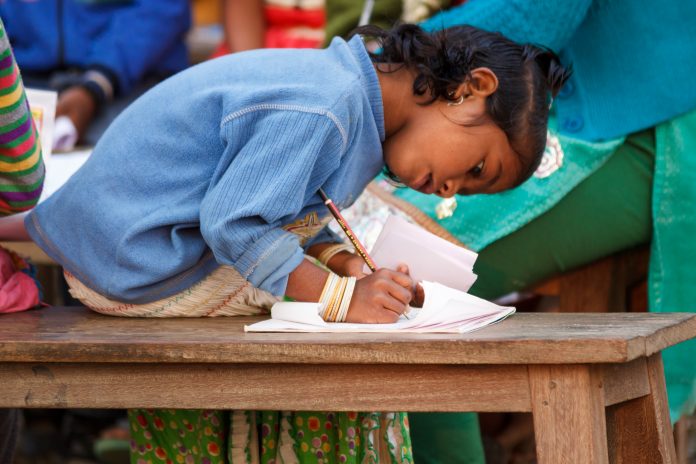Early puberty, which mainly impacts girls under the age of eight, surged during the COVID-19 pandemic
In a report co-published by The Washington Post and The Fuller Project, doctors across the globe report higher levels of early puberty during the COVID pandemic – creating concerns about child health, especially in girls.
Before this surge, early puberty impacted just 5,000 to 10,000 children across the world. However, the majority of cases happen in girls. According to the report, 90% of early puberty cases remain mysteries – the exact cause is never pinned down.
Firstly, what is early puberty?
Early puberty, also known as precocious puberty, is when a child’s body begins to change into an adult body – far too soon. Puberty that begins before age eight in girls, and age nine in boys, is considered to be the age threshold.
Symptoms of precocious puberty are breast growth and first period in girls, enlarged testicles and penis, facial hair and deepening voice in boys, pubic or underarm hair, rapid growth, acne and adult body odour.
The only treatment for early puberty is medication to delay the onset of full puberty, usually hormonal. However, it remains hard-to-access due to the stigma around periods, leaving some caretakers reluctant to approach a healthcare professional.
COVID pandemic increased stress, leading to more cases of early puberty
In some of the documented cases from the COVID surge, girls as young as five have begun developing breasts. The virus itself is not thought to be the issue – more the indirect consequences of the virus, which create stresses for a child. For instance, a young girl in a household that has lost financial and food security may undergo serious stress, causing the menstrual cycle to kick in far too soon.
Dr Vaishakhi Rustagi, a pediatric endocrinologist in Delhi, India, said: “I think it’s directly related to the amount of stress that the children have gone through.”
Dr Rustagi ordinarily sees 20 patients with this condition. However, since the pandemic struck in 2020, she has been treating more than 300 girls with the condition. Tests reveal no hidden tumours, but she believes that stress and grief are responsible for the surge in cases.
She said: “In many cases, parents refuse treatment for precocious puberty as they believe menstruation is a doing of God, and that meddling with menses would mean insulting the deities.”
For girls, the early onset of puberty is connected sadly to depressive disorders, substance use disorders and eating disorders.
Early puberty happens to girls with difficult childhoods
According to research by the Perelman School of Medicine at the University of Pennsylvania and Children’s Hospital of Philadelphia (CHOP) in 2019, there are clear lines between early puberty and a difficult childhood.
The team found that if a child experienced low socio-economic status and the experience of traumatic events, there was a likelihood that they were linked to accelerated puberty, brain maturation, abnormal brain development and greater mental health disorders. With the onset of COVID across the globe, financial hardships and household tensions increased to all-time highs.
“Traumas that happen to young children can have lifelong consequences,” said the study’s senior author Dr Ruben C. Gur, a professor of Psychiatry, Radiology, and Neurology, and director of the Brain Behavior Laboratory.
“Obviously it would be best if we could ameliorate poverty and prevent traumatic events from occurring. Short of that, the study calls for paying more attention to a child’s socioeconomic background and to effects of trauma exposure. Parents and educators should become more aware of the special needs of children who are exposed to either adversity.”
Despite this potential connection, most general cases of early puberty have no clear cause.











